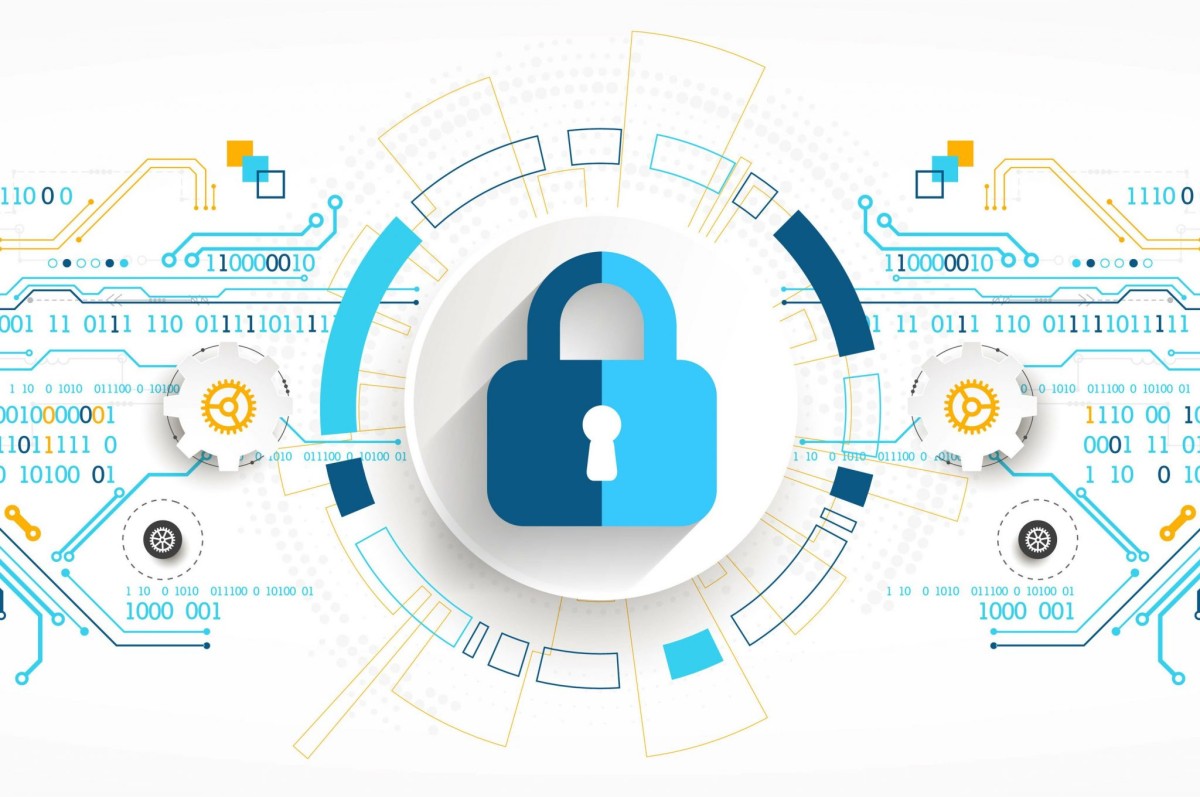Data Access

How to access research data from the RDC?
RDC at ZPID provides the collected research data for scientific research and teaching free of charge. The steps to obtain and use research data from RDC at ZPID are simple.
Requirements
Since the database provided by the RDC at ZPID also contain sensitive information, they may only be re-used for scientific research and teaching. Data sets can therefore only be obtained by persons working at a scientific institution. Data sets that have been made available for public use (sharing level 0) are excluded from this regulation.
Select data
In our database you can search for studies that might be interesting for your own research work. The documentation of the studies included is freely available. Likewise, the codebooks exclusive of specific item formulations can be viewed publicly. The data itself and the associated complete codebooks (including any item formulations) have to be ordered.
Order data with conclusion of a data user contract
If you have found a study in our database that is of interest to you, you can order the data set by concluding the associated data user agreement. To access the data user agreement please click on the “Access dataset”-button presented below the study. By signing the data user contract you agree to the terms of use of the RDC at ZPID. Please email the contract to RDCservice.info@leibniz-psychology.org
Receive data
Once we have received the contract, we will formally review it and then send you a download link that will allow you to download the ordered data and associated codebooks.
special features
For data sets of sharing level 2 (for more details see the description of the sharing level concept), the RDC at ZPID must obtain permission for data sharing from the data provider. If further information on the purpose of subsequent use is desired, we will contact you.
The Sharing level concept
In order to authorize the use of research data for different purposes and to determine the access
criteria that need to be met, research data objects and their constituting files are assigned to three
different access categories. While all metadata associated with a research data object – including the
codebook – is generally publicly accessible (unless legal concerns speak against publication), research data and associated materials subject to data protection law may be accessed and retrieved according to the following access categories:
Sharing level 0 (“open for public use”):
Neither access to nor use of the data is restricted in any way. Research data and associated materials
(e.g., code) provided in this category are typically licensed through widely used standard licenses
(e.g., CC-BY-SA 4.0) that govern public use of the content and the associated rights and obligations
for data providers and data users. Files assigned to this category can be accessed directly from
PsychArchives via download. In some cases, however, researchers who have provided the content
may be interested in its use and therefore wish to be informed of the intended use. If this is the case,
data users will be prompted to provide their intended use, but this is an optional prompt.
Accordingly, data users can also simply skip this prompt and download their data directly.
Sharing level 1 (“open for scientific use”):
The secondary use of the content is limited to exclusively scientific purposes by means of a general
use license and requires the explicit consent of the data users to use the data only for these purposes.
Furthermore, proof of affiliation with a scientific institution and a brief description of the intended use
must be provided. With the consent of the data user and proof of affiliation to a scientific institution as
well as a description of the intended use, the data will be available for download.
Sharing level 2 (“restricted scientific use”):
Comparable to content provided under sharing level 1, access or subsequent use is restricted to
exclusive use for scientific purposes. In contrast to content of sharing level 1, however, no general
license agreement applicable to all scientific use purposes is concluded between the data provider and
the data user. Instead, individual license agreements are made that further specify the scientific use of the content and may, for example, require the explicit consent of the data provider for the stated intended use. Accordingly, access is granted only if the data user agrees to the terms of the license, belongs to a scientific institution, provides a description of the intended use, and the data provider also agrees to the intended use. If all conditions defined by the individual license agreement are met, the requested content is released for download.
Further Reading
Gollwitzer, M., Abele-Brehm, A., Fiebach, C.J., Ramthun, R., Scheel, A., Schönbrodt, F., & Steinberg,
U. (2021). Management und Bereitstellung von Forschungsdaten in der Psychologie: Überarbeitung der DGPs-Empfehlungen. Psychologische Rundschau, 72(2), 132-46.

